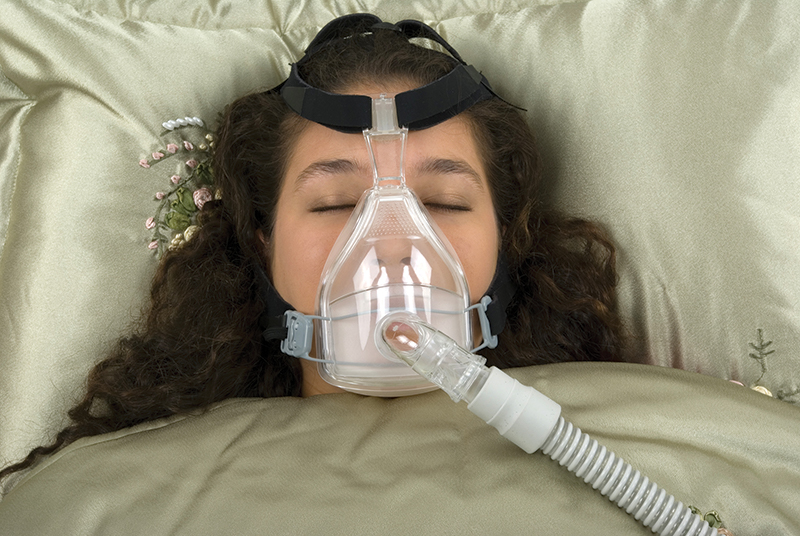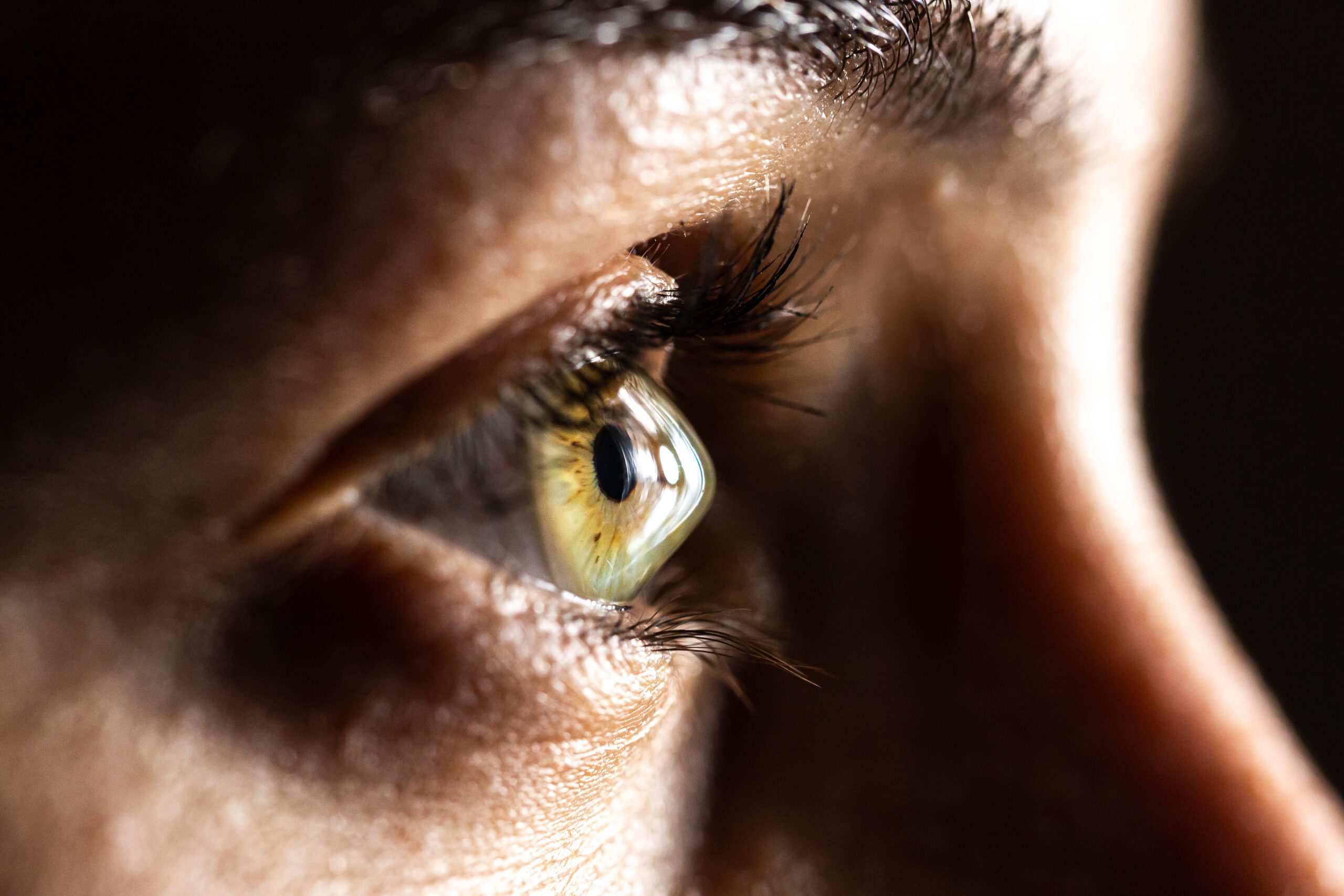
Health News
Features
-
Pop Quiz: If You Don’t Snooze, You Lose! How Much Do You Really Know About Sleep Apnea?
A full night’s sleep is supposed to be restful and recharging, but for millions of Americans, that’s not the case. Many wake up in the morning tired and unrested, and most don’t know that sleep apnea is to blame. Sleep apnea is a condition that disrupts sleep, keeping sufferers from getting that restful, restorative sleep…
-
Young Warriors
Twins Don’t Let Type 1 Diabetes Stifle Their Dreams by TIM CRAIG photos by CELESTE JO WALLS When 8-year-old Amelia Walls was hospitalized in 2016, Cecilia, her older sister by a whole 10 minutes, was worried. When Cecilia found out that her identical twin sister was diagnosed with Type 1 Diabetes, she went from worried…
-
The 12 Days of Temptation
Simple Advice to Help You Control Your Blood Sugar Through the Holidays The holidays are right around the corner! That means you’re probably starting to think about all the delicious food that comes with Thanksgiving, Christmas, New Year’s, and probably a few family get-togethers in between. Usually, after fantasizing about all the tasty meals on…
Columns
-
Understanding the Risks of Deep Venous Thrombosis
Deep venous thrombosis is a serious medical condition that affects millions of people. This is a condition in which a blood clot forms in a deep vein of the body, usually in the thigh, leg, and — rarely — the arm. The blood clot can break off and travel inside the vein to the lung,…
-
The Eye Condition You’ve Probably Never Heard of: Keratoconus
by GISELLE SANKAR, O.D. Picture looking through a clear glass window that has slowly started to bend or warp. That once clear view has now become blurry and extremely distorted. In simple terms, this describes what individuals diagnosed with keratoconus experience. Keratoconus is a progressive eye condition that causes thinning of the cornea. The cornea…
-
Surgical Management of Acute Deep Venous Thrombosis
DVT, or blood clots in your leg, can be a life-threatening condition. It can be treated by taking oral anticoagulation medication, wearing compression stockings, elevating the leg to reduce swelling, and continuing to walk and keep yourself hydrated. Your vascular doctor can tell you more about your treatment options. The blood clot is dissolved by…





